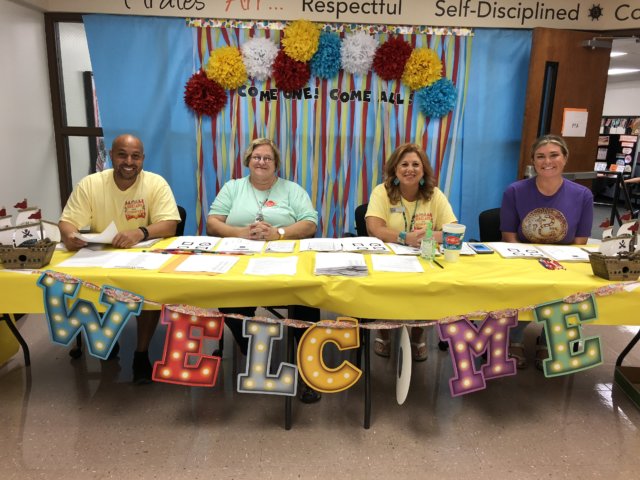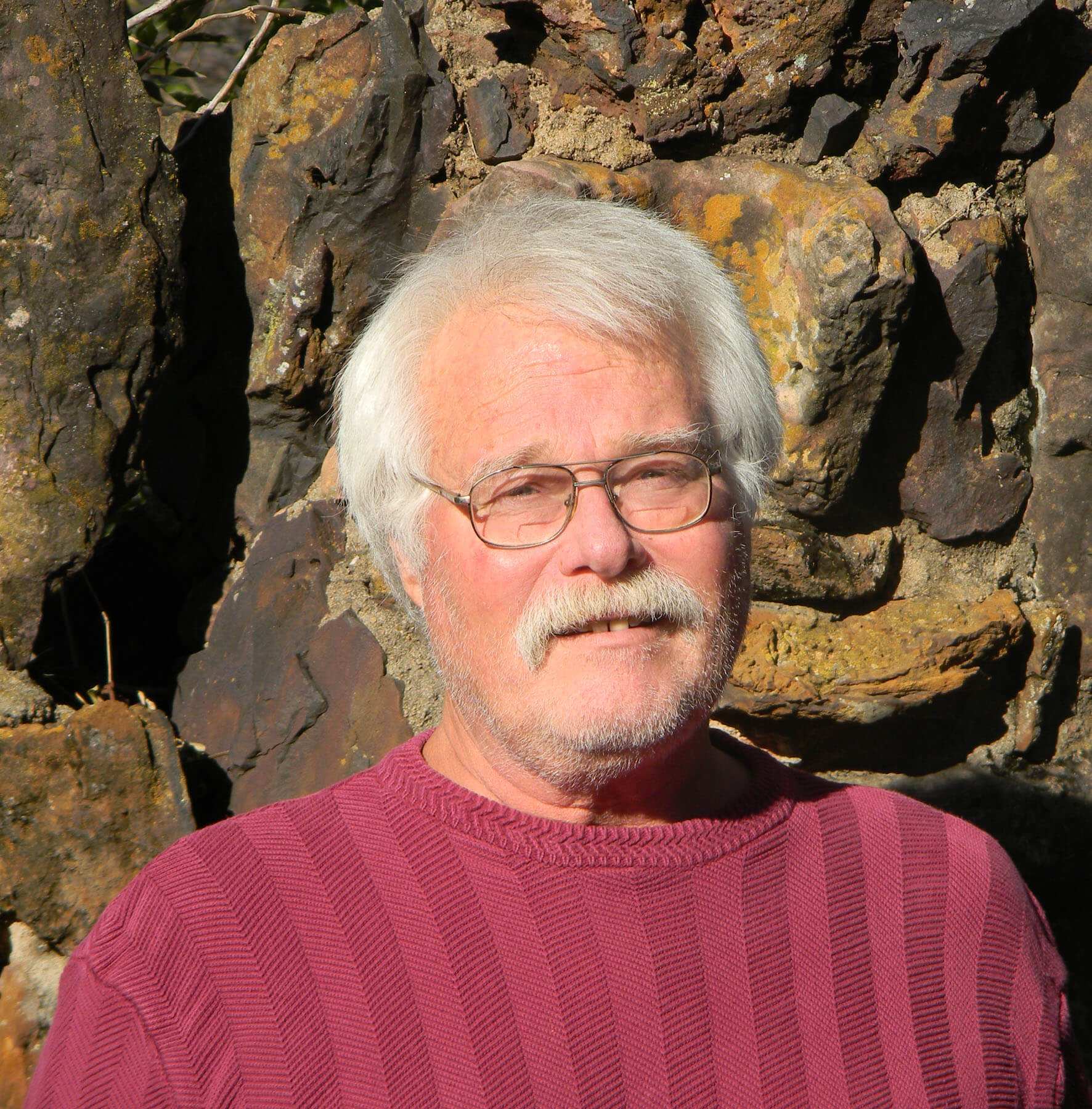
At the invitation of an early education expert with the Potts Family Foundation, I attended the Aug. 14 D.D. Kirkland Early Childhood Center Screening Day and Meet the Teacher event. I should add that this retired high school teacher did not grasp the importance of high-quality pre-K until I was schooled by Ray Potts (as well as John Rex) during MAPS for Kids. Back then, there were still some doubts as to the benefits of pre-K and full-service community schools like D.D. Kirkland.
I should also say that that there is some recent push back against pre-K for all, contending that only high-quality programs have produced “transformative change.” Building early education and wraparound services is not easy. Experts worry that pre-K could be used to introduce too much academic instruction, too fast, in an effort to boost test scores. When the fundamental principles advocated by cognitive scientists are respected, however, pre-K and community schools are very effective.
Proactive screening gives faculty head start
The faculty at Kirkland understand that they have taken on a task that is more complex than merely teaching pre-Kindergarten and elementary school classes. Inspired by the film Resilience: The Biology of Stress and the Science of Hope, they have committed to offering the best possible holistic and loving experiences for Kirkland’s children. After reading Susan Craig’s The Role Trauma-Sensitive Schools Play in Building Resilience, the faculty set out to build “the greatest school on earth.”
In one of many efforts to become “proactive” in anticipating and serving children’s needs, the Screening Day lets teachers know their kids before the first day of class, allowing an early start in preparing for meeting all of their intellectual and socio-emotional needs.
Experience had shown the Kirkland staff that responding to children’s problems after the fact had been ineffective. In complicated cases, it might take half a year to diagnose complex conditions and work out coordinated solutions. The screening, along with the day’s introductions, gives staff a head start in developing personalized services for each child.
Patrice Althouse — who has been dubbed “the AP pre-K teacher” – explained how they help nurture a sense of resilience in students: When children experience early successes, she said, they won’t learn to believe, “I can’t.” When adults are poised to quickly assist children who would otherwise struggle, the kids don’t develop a self-defeating attitude. And to make sure that “naughties” don’t head down the wrong path, the staff jump in to “mom up” with the student.
Partnerships many, varied
High student mobility has long perplexed teachers. Educators at Kirkland, which is on the far eastern part of Putnam City, have collaborated with their colleagues at Overholser Elementary on the district’s western border. They have already developed a comprehensive approach to serving a former student so that he can flourish just as well at his new school. They shared techniques on alternative tests for the student and lessons that bring out his many wonderful qualities.
The school was full of partners. They included:
- United Way
- NSO WIC Clinic
- Oklahoma Caring Foundation
- Familywize
- Health Alliance for the Uninsured
- Zero to Three
- National Exchange Club
- Latino Health Fair
- and UnitedHealthcare’s Pete White Health and Wellness Center.
Children received dental, hearing and vision screenings as well as surveys for developmental issues. A Chance to Change helped families fill out an adverse childhood experience (ACE) survey. This tips the school off on the traumatic experiences that students have experienced.
When an adult declined a service in a way that suggested that the offer might be hitting too close to home, an insightful conversation resulted. Educators shared information so they could look for opportunities for communicating in a nonthreatening manner. They fully understood that some may balk at filling out a survey because they don’t yet feel completely safe in doing so. The educators remain committed to keeping their eyes and ears open in case a desire to converse (or seek assistance) is displayed.
Candidate, representative in attendance
Another exciting surprise was the Kirkland “baby rooms.” Kirkland’s principal, Ashley Hoggatt, explained that teachers could often afford high-quality child care for a single child. Having a second child, however, often meant that teachers would need to change careers to pay for child care. So, Kirkland built a DHS-licensed child care program that reduced costs by about 50 percent as well as creating a place for doting over the faculty’s children and grandchildren.
Kirkland is a no-majority, high-poverty school. It has nine pre-K classes, two kindergarten and four first- and second-grade classes. Putnam City is committed to high-quality pre-K for all, and Kirkland serves the “overflow” of Putnam City patrons seeking pre-K.
The school has created a diverse, trusting and loving community. One parent in attendance was Carri Hicks, the teacher running for Oklahoma’s Senate District 40.
“It is exciting to be part of such a caring community with educators that are being proactive in meeting the changing needs of its students,” Hicks said. “I am inspired by Kirkland’s faculty and staff and hopeful for the future of our public schools.”
Volunteers included Rep. Tammy West (R-Bethany), a former teacher herself. West said Kirkland exemplifies how schools can be “the hub of a community.” It “perfectly illustrates how schools can carry out services for the entire family.”
Kirkland makes schooling a team effort
Granted, I taught teenagers, but I’ve never seen anything like the Kirkland Screening and Meet the Teacher day. The district and Kirkland know they are undertaking challenges that have often seemed too intimidating for public schools. I wonder, however, if these educators fully anticipated the joy that would be shared as they made schooling a team effort.
Kirkland educators aren’t alone in deeply loving their children, but it will take time to replicate their welcoming environment. They and other Putnam City leaders planned carefully and made extraordinary efforts to organize collaborative partnerships. The Kirkland success is testimony to the importance of being proactive, respecting cognitive science and building the socio-emotional foundation that our children deserve.






















